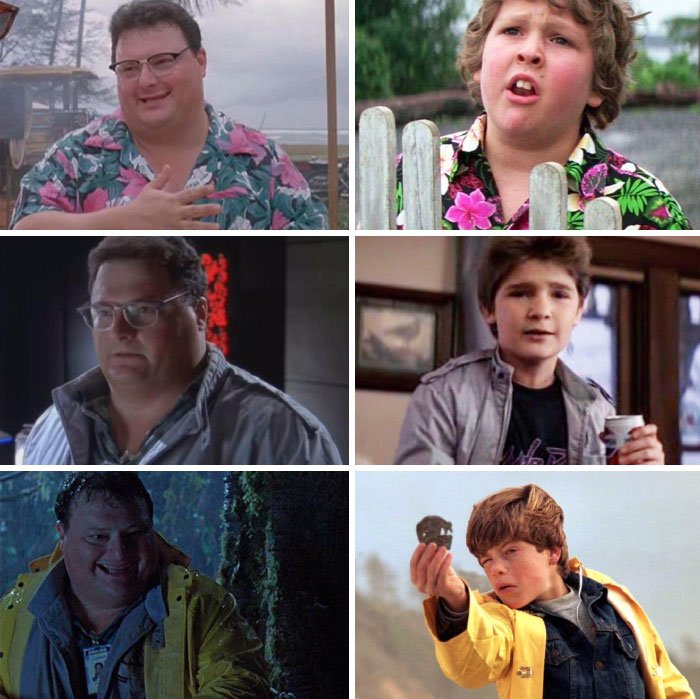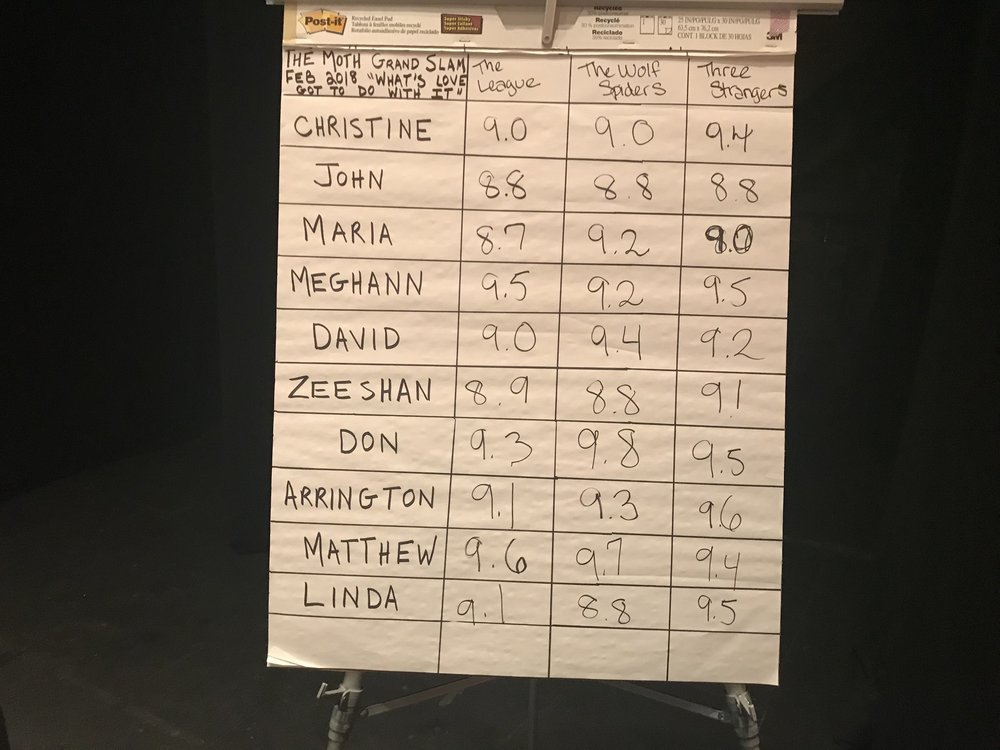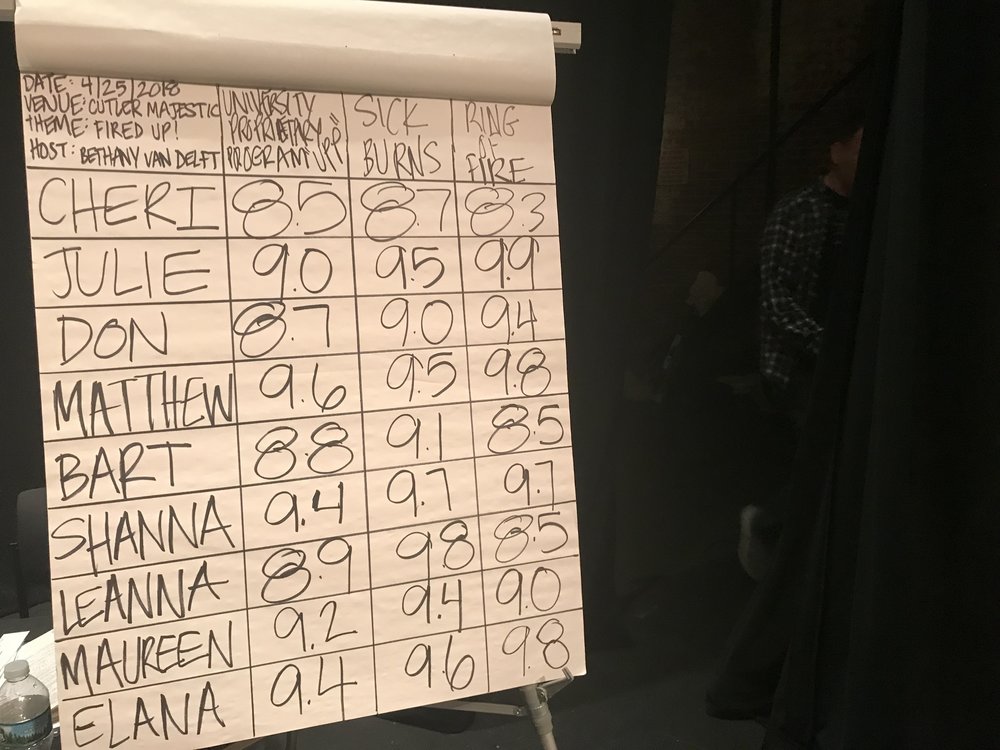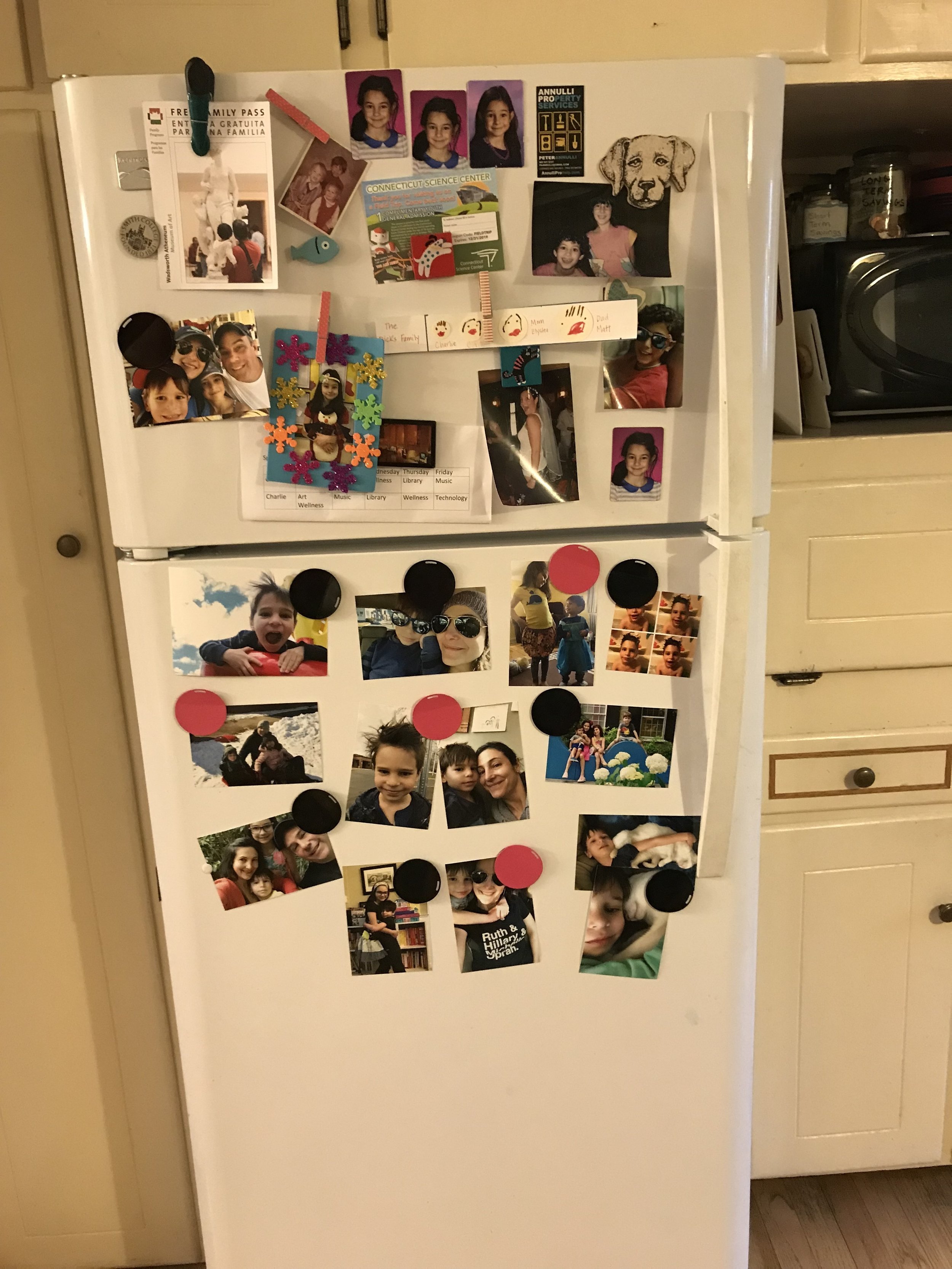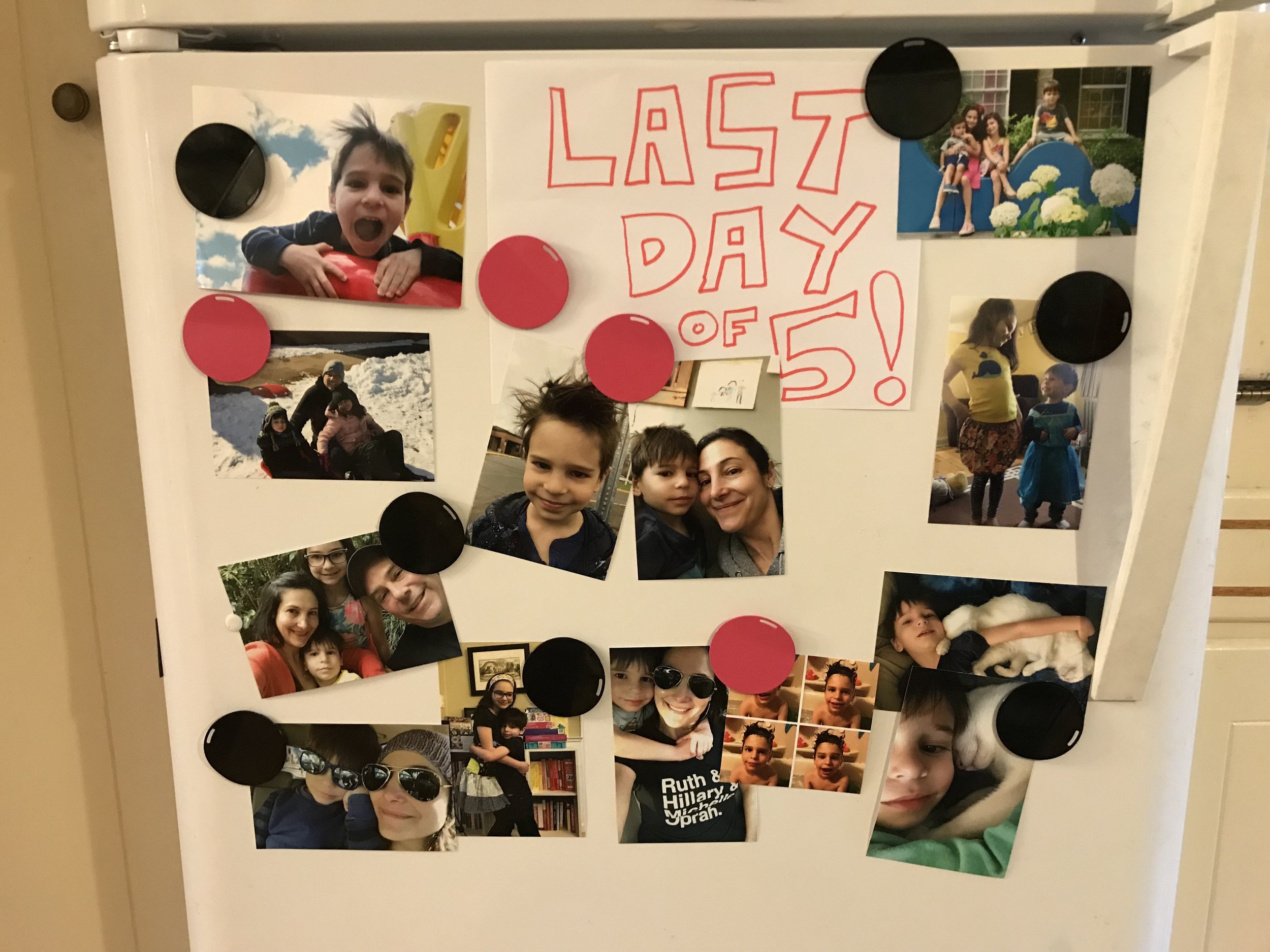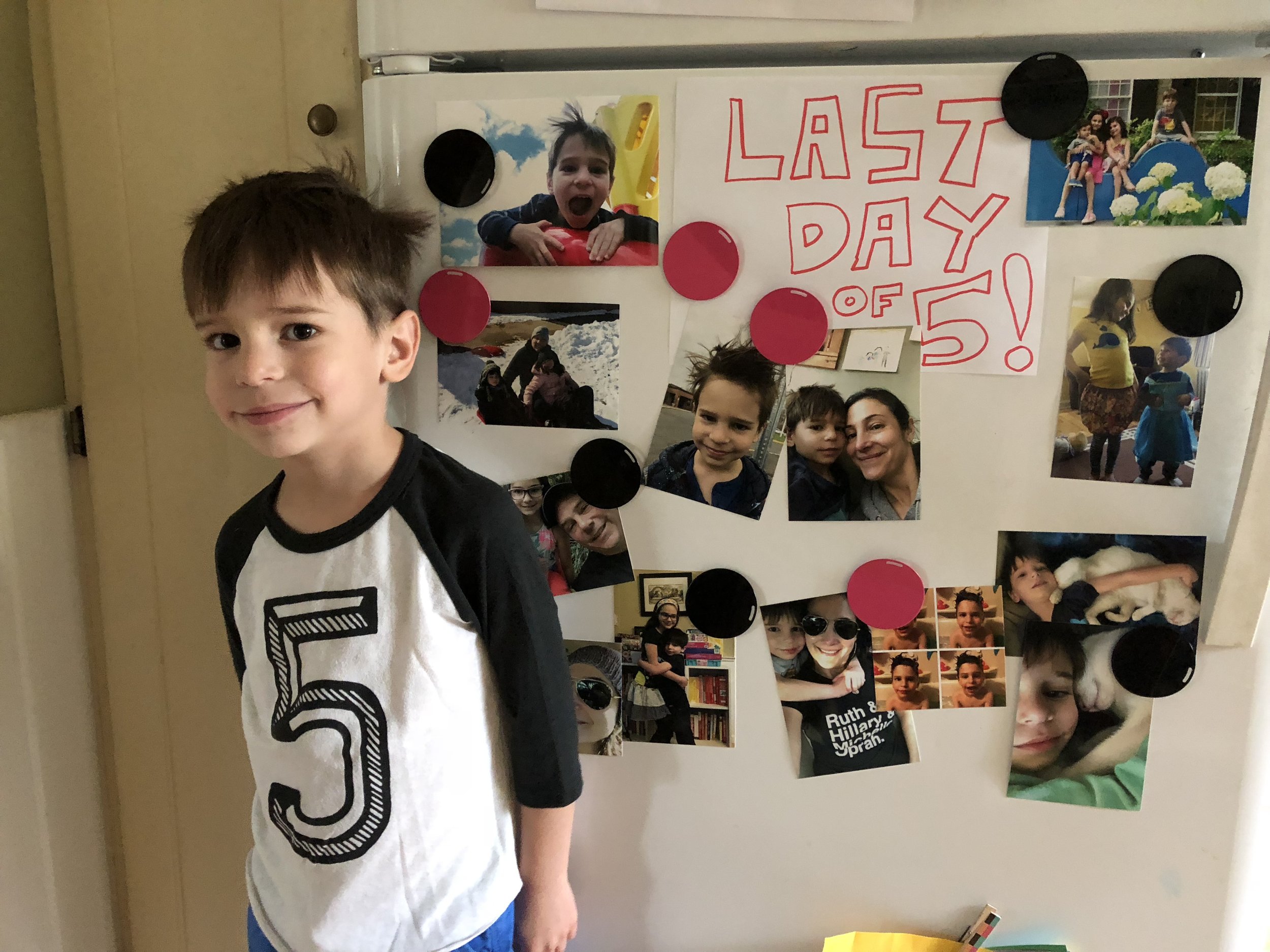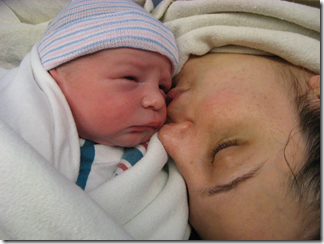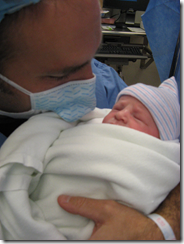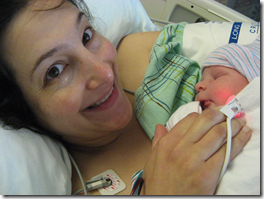My son, Charlie, turned six today.
Six years ago (but it feels like 600 years ago), my little boy entered the world. At the time, I wrote extensively about his birth (as I did for my daughter), so today, on his birthday, I offer you a few highlights.
______________________________________
Charlie was born via a planned C-section after his sister's emergency C-section three years earlier. With both kids. Elysha was in labor for a considerable period of time before realizing it.
There were a lot of clues.
Elysha rose from bed at 3:15 AM and ate breakfast at 4:30 AM, which are hours of the morning that Elysha had not seen before or since.
Then, after Clara and I left for school that morning, Elysha called the vet to make an appointment for our dog, who was suffering from terrible allergies. Licking, scratching, and making us crazy. When the receptionist said that the earliest appointment was three days away, she began crying. The receptionist then offered an earlier appointment, which, in her state of hormone insanity, she declined (creating problems for me later on). After hanging up the phone, she began crying hysterically until finally falling asleep in bed.
Looking back on that phone call, Elysha says this was the moment when she should have known that she was in labor.
When Elysha arrived at the doctor’s office later that morning, she was already three centimeters dilated and 75 percent effaced.
______________________________________
Charlie’s timing could not have been better, for a number of reasons.
First, I was at work when I received the call that the time had come. I had just finished my lunch and was minutes away from picking up my students from the cafeteria for an afternoon of teaching. This was to be followed by a district-wide curriculum meeting at Town Hall. Knowing how much I despise meetings, Charlie’s first act in this world was to extricate his father from something that tears at the very fabric of his soul.
Brilliant.
His early arrival also pleased Elysha. She was not happy with the prospect of another c-section for many reasons, mostly pertaining to the recovery, but she also never liked the idea of planning the birth date for our child. She’s always felt that a baby should be born when her body and the baby decide that the time is right. By coming two days early, Charlie did not allow doctors to choose his birthday. Like most children, he chose it for himself.
The early arrival also eliminated what would have surely been an anxiety-riddled Thursday night prior to the scheduled C-section, as well as the forced starvation that would have been required. Instead, Elysha enjoyed a relaxing Tuesday evening and even had some breakfast on Wednesday morning, not knowing that eight hours later, she would be in surgery, delivering our son.
Among other memorable moments:
Signing the consent form requiring us to acknowledge that surgery can sometimes end in death. Great way to start the birthing process.
______________________________________
Elysha went into surgery ahead of me while I waited in an adjacent room. Fathers are never invited into the operating room until the mother is lying on the operating table, strapped down and drugged up. I’m not sure why this is the case, since this seems to be one of the most frightening moments of the process for mothers, but I spent my time, about twenty minutes in all, reading email, checking Twitter, texting friends about the possibility of golf on Sunday, and taking notes on a memoir proposal that I hope to complete this summer.
During the birth of Clara, I actually wrote sections of my second book. Prior to the transition to a c-section, Elysha pushed for four hours, so in between contractions, I would roll across the room and work on the novel. I had less time to write during Charlie’s birth, but I managed to complete the outline of my memoir and add two additional scenes to it.
______________________________________
When I was finally invited inside the operating room, I was greeted by “Something” by The Beatles, playing on the Pandora station that Elysha had chosen for the delivery. This was the song that Elysha walked down the aisle to six years ago at our wedding, so it seemed like a good omen.
______________________________________
Charlie was born at 3:09 PM as the song “Turn Turn Turn” was playing in the background. Serendipity at its finest. I’m not sure if we could’ve chosen a more perfect song.
______________________________________
“It’s a boy!” the doctor proclaimed and I began crying. A nurse explained that they had no tissues but offered me gauze to wipe my eyes. The doctor lifted him over the sheet as the nurse warned him not to “drip on us.” We took our first look at our son.
Someone in the room asked what his name was and my wife shouted, “Charlie!” Her words sounded so happy and so right.
______________________________________
Charlie was grunting when he was born, a sign that his lungs were not yet clear of fluid, which is common for c-section babies. I was encouraged to hold him upright and pound on his back to make him cry, and when I was not deemed forceful enough, the self-proclaimed “mean” nurse took him away to attempt her own form of cruelty.
______________________________________
Eventually Charlie was taken to the Neonatal Intensive Care Unit in order to clear his lungs, and after about thirty minutes, he was returned to us in the recovery room, where Elysha was able to hold him for the first time.
He weighed 7 pounds, 1 ounce. He was 18 inches long.
Today he's a little heavier and a little longer, but he's still perfect.







